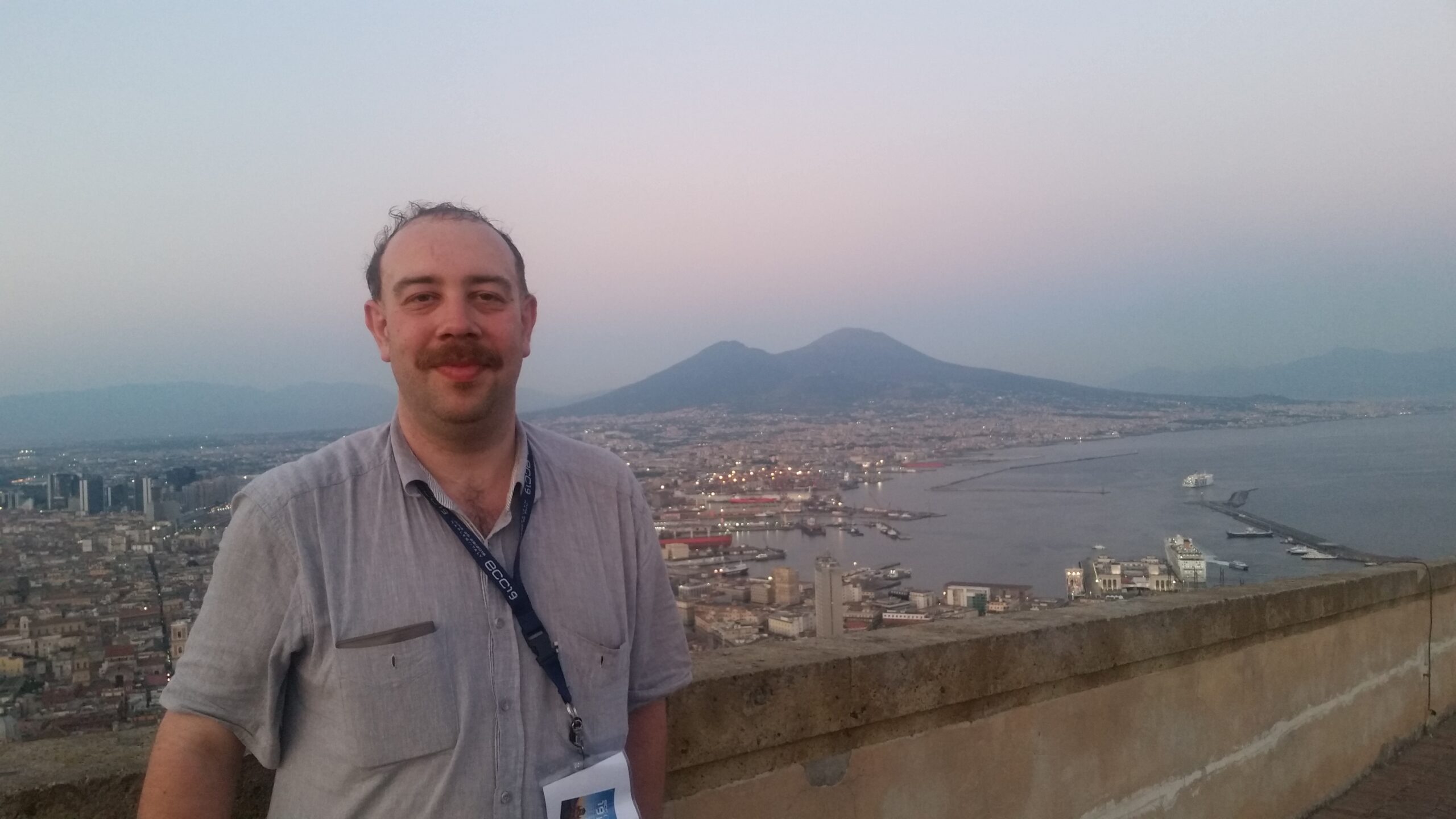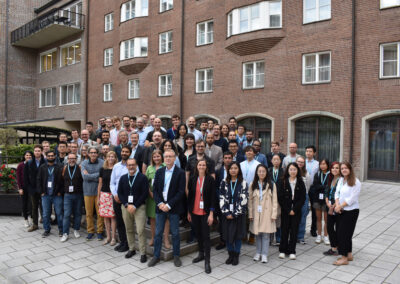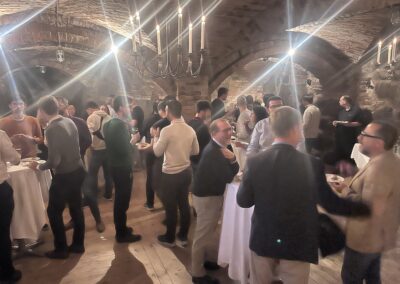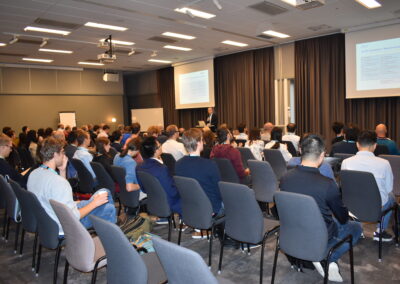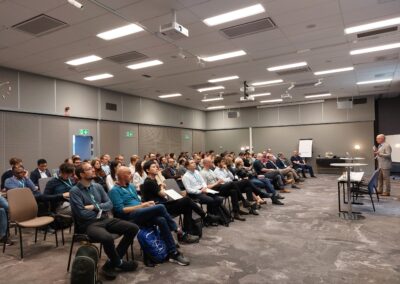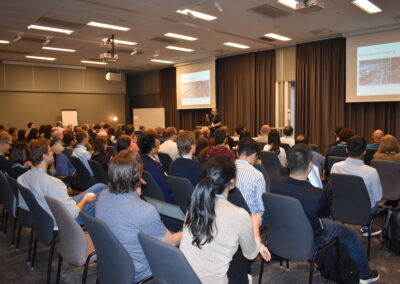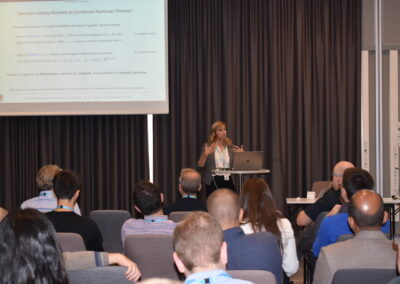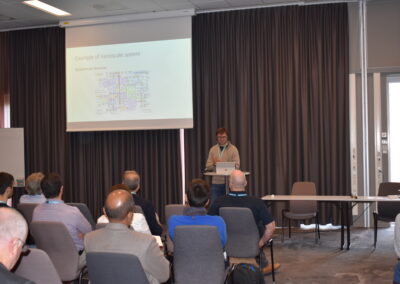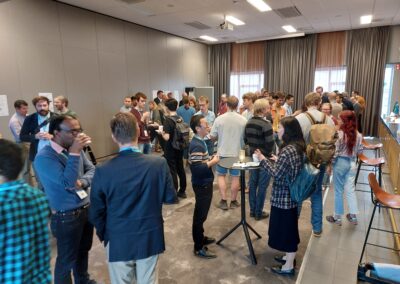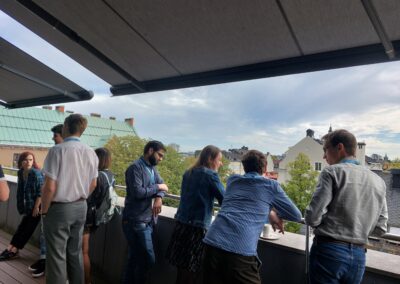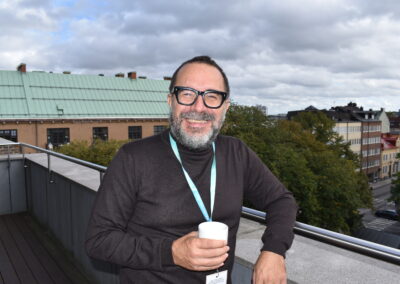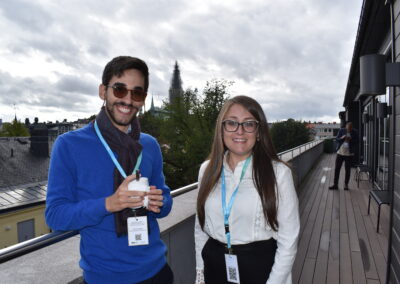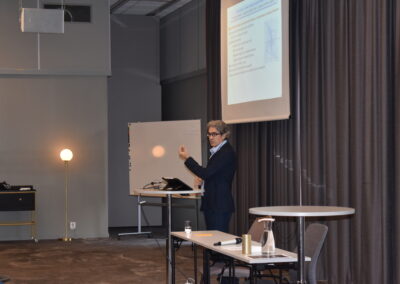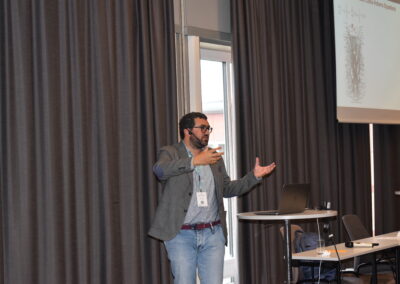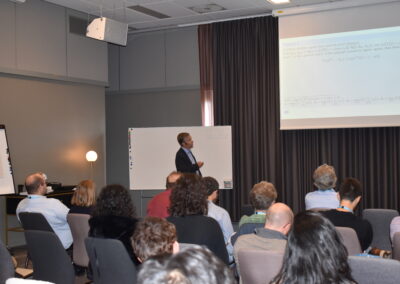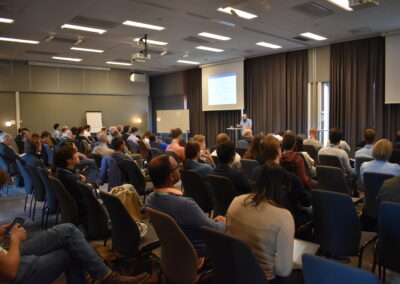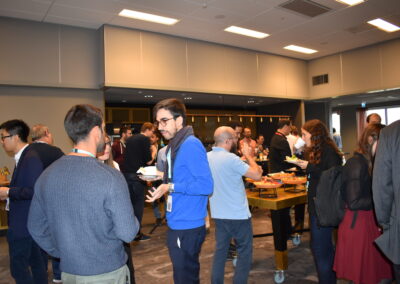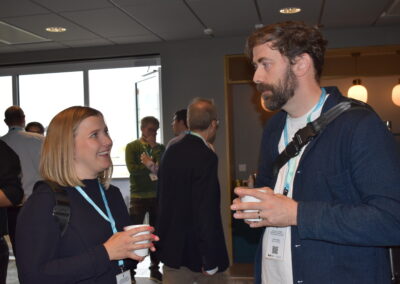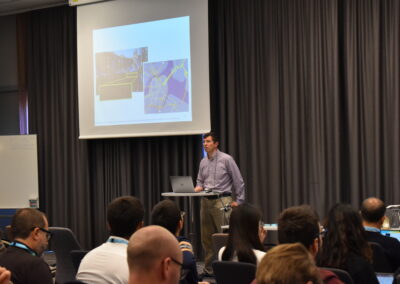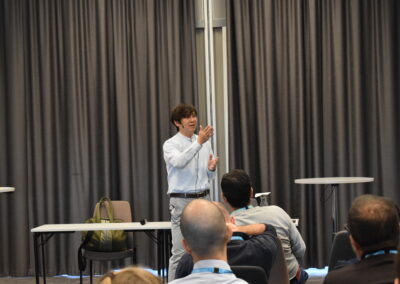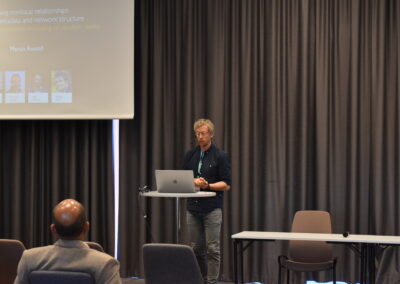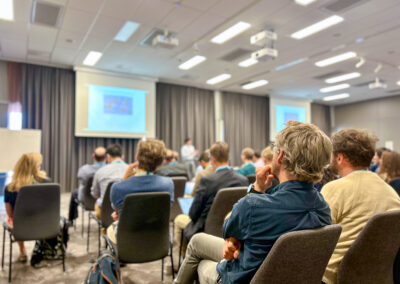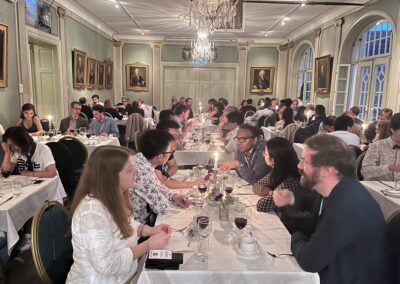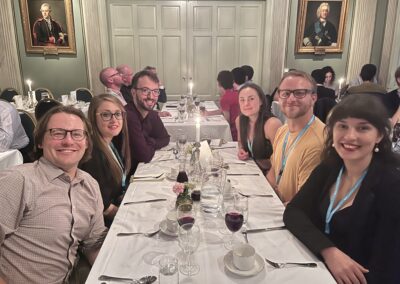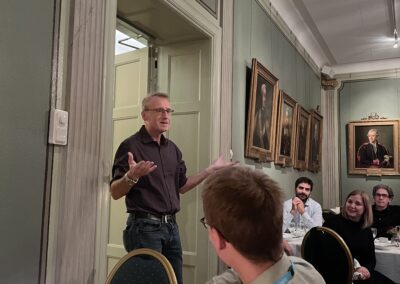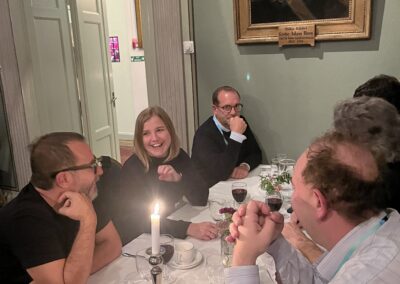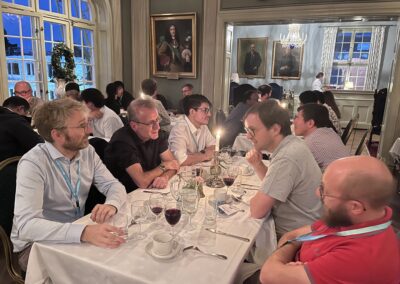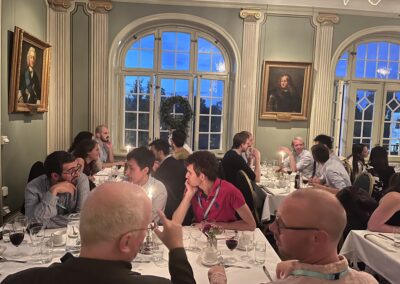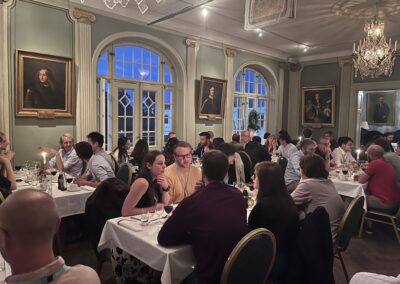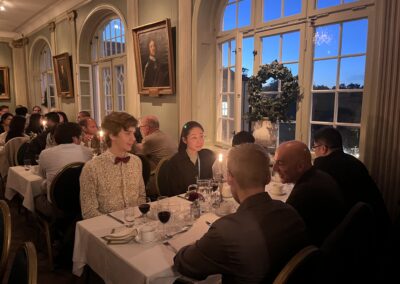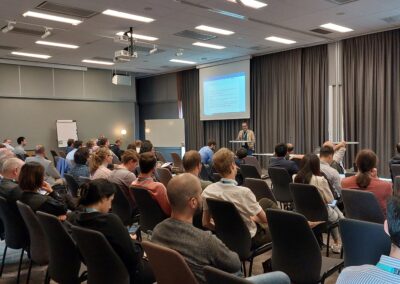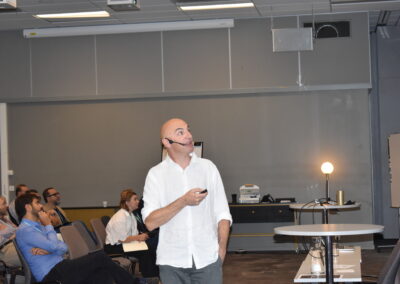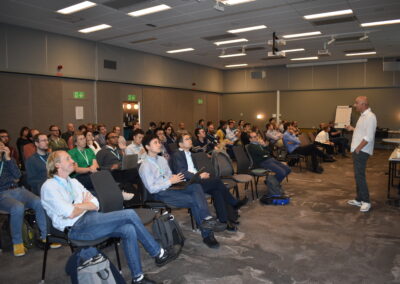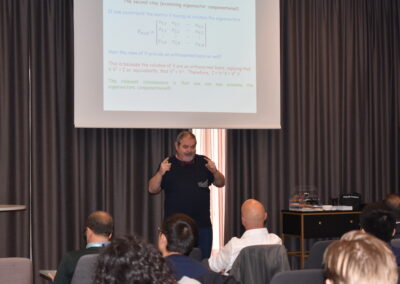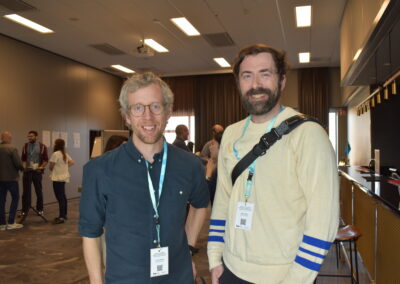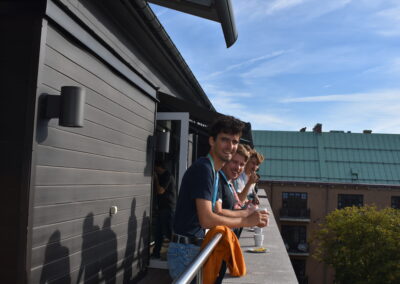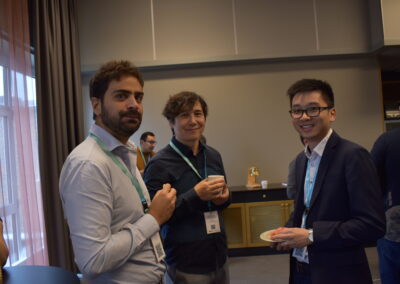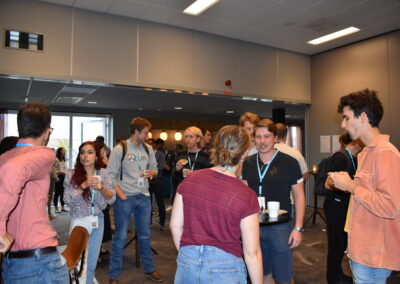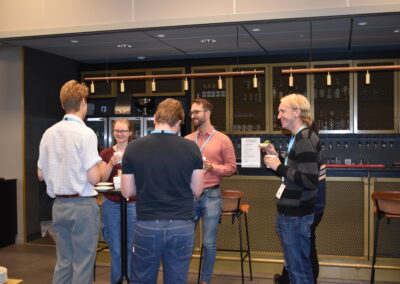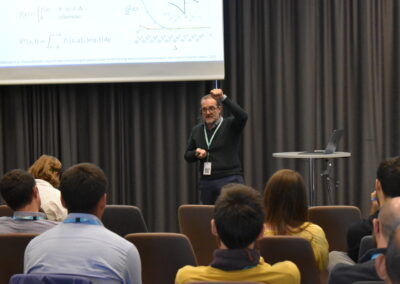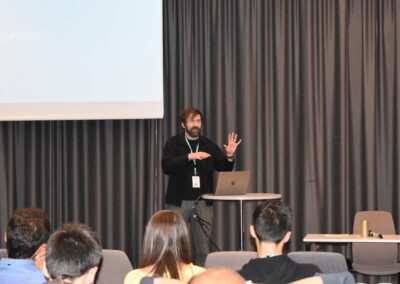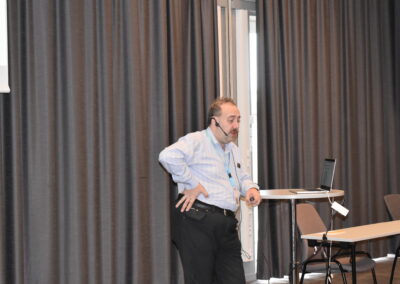Detailed program and presentations
Welcome Reception – September 19, 2023
17:00 - 19:00
Munkkällaren
Welcome reception at Munkkällaren
A welcome drink and some hors d’oeuvres will be served.
Day 1 – September 20, 2023
08:30 - 09:00
Scandic Frimurarehotellet
Registration
09:00 - 09:15
Opening
Claudio Altafini, Organizer, Linköping University
Giacomo Como,Organizer, Politecnico di Torino & Lund University
Emma Tegling, Organizer, Lund University
Anders Rantzer, Lund University
09:15 - 10:00
Network GPS – Navigating network dynamics
Baruch Barzel, Bar-Ilan University, Israel
Abstract
Biography
Photo credit: Levy Meshulam

10:00 - 10:30
Coffee
10:30 - 11:15
Fast and Flexible Decision-Making in Network Systems
Naomi Ehrich Leonard, Princeton University, US
Abstract
Fast and flexible decision-making is critical for networked systems to successfully manage the uncertainty, variability, and dynamic change encountered when operating in the real world. Decision-making is fast if it breaks indecision as quickly as indecision becomes costly. This requires fast divergence away from indecision in addition to fast convergence to a decision. Decision-making is flexible if it adapts to signals important to successful operation, even if they are weak or rare. This requires tunable sensitivity to input for modulating regimes in which the system is ultra-sensitive and in which it is robust. Nonlinearity and feedback in the decision-making process are necessary to meeting these requirements. I will present theory on nonlinear opinion dynamics that enable fast and flexible decision-making among multiple options for multi-agent systems interconnected by communication and belief system networks. I will also introduce the new notion of “excitable decision-making” and the opportunities it affords. The theories provide a principled and systematic means for designing and analyzing decision-making in systems ranging from robot teams to social networks.
This is joint work with Alessio Franci and Anastasia Bizyaeva and based on the papers:
https://ieeexplore.ieee.org/document/9736598
https://arxiv.org/abs/2308.02755
https://epubs.siam.org/doi/10.1137/22M1507826
Biography
Naomi Ehrich Leonard is Chair and Edwin S. Wilsey Professor of Mechanical and Aerospace Engineering and associated faculty in Applied and Computational Mathematics and the Program in Biophysics at Princeton University. She is also affiliated faculty at the Princeton Neuroscience Institute and Founding Editor of the Annual Review of Control, Robotics, and Autonomous Systems. She received her BSE in Mechanical Engineering from Princeton University and her PhD in Electrical Engineering from the University of Maryland. She is a MacArthur Fellow, member of the American Academy of Arts and Sciences, and winner of the 2023 IEEE Control Systems Award and 2017 IEEE CSS Henrik W. Bode Lecture Prize. She is Fellow of IEEE, IFAC, SIAM, and ASME. Her current research focuses on dynamics, control, and learning for multi-agent systems on networks with application to multi-robot teams, collective animal behavior, social networks, and other multi-agent systems in technology, nature, and the visual and performing arts.

11:15 - 12:00
Modelling and controlling nanoscale complex systems
Jean-Charles Delvenne, UC Louvain, Belgium
Abstract
Nanoscale systems, such as electronic circuits or biochemical networks, are complex systems where individual components exhibit a noisy behaviour due to nonnegligible microscopic fluctuations (e.g. of thermal origin).
Understanding the rules of interconnection of these individual noisy behaviours into a global dynamics that is physically meaningful is in general an open challenge where we have to abandon some of the intuitions gathered from our macroscopic world. In other words, there is a need for a new systems & control theory valid at the nanoscopic scale.
In this talk, we build fragments of this new theory, and show how it applies to a range of systems, from molecular motors to ultra-low-power electronic memories. We show how to leverage recent results of stochastic thermodynamics, so as to extract useful bounds on the minimum energy that needs be dissipated to accomplish tasks, such as driving the system from an initial to a final state (for instance: writing a bit into a memory) reliably and fast.
Some related articles:
https://doi.org/10.1103/PhysRevX.11.031064
https://doi.org/10.1063/5.0152883
https://arxiv.org/abs/2110.13050
https://arxiv.org/abs/2208.14506
Biography
His research interests include networked dynamical systems, statistical physics, information theory, complex networks and data science. His works have found applications in neurosciences, biochemistry, social sciences, geography, biophysics and electronics.
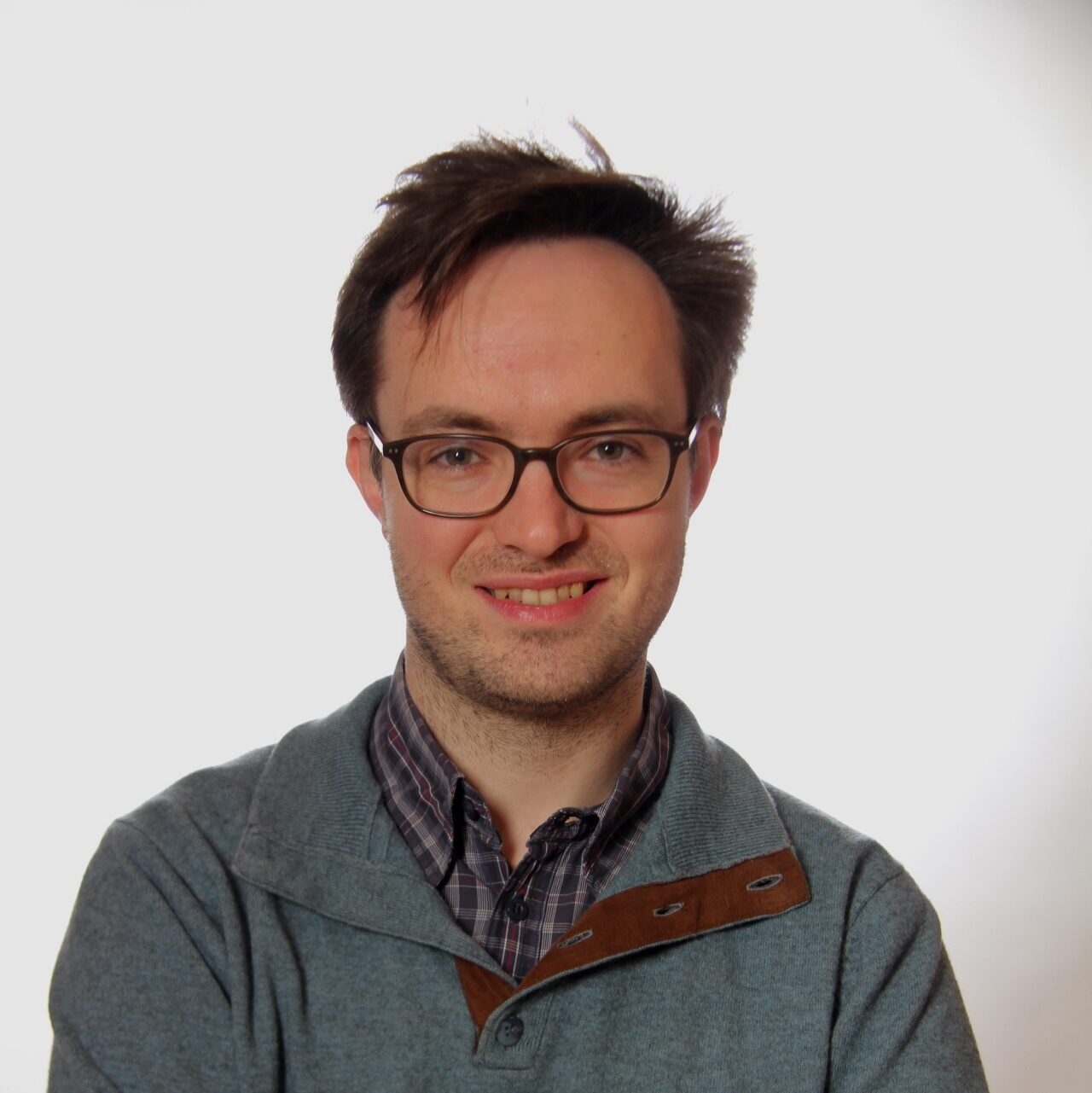
12:00 - 13:00
Lunch
13:00 - 13:45
Contraction Theory for Network Systems
Francesco Bullo, University of California, Santa Barbara, US
Abstract
Biography
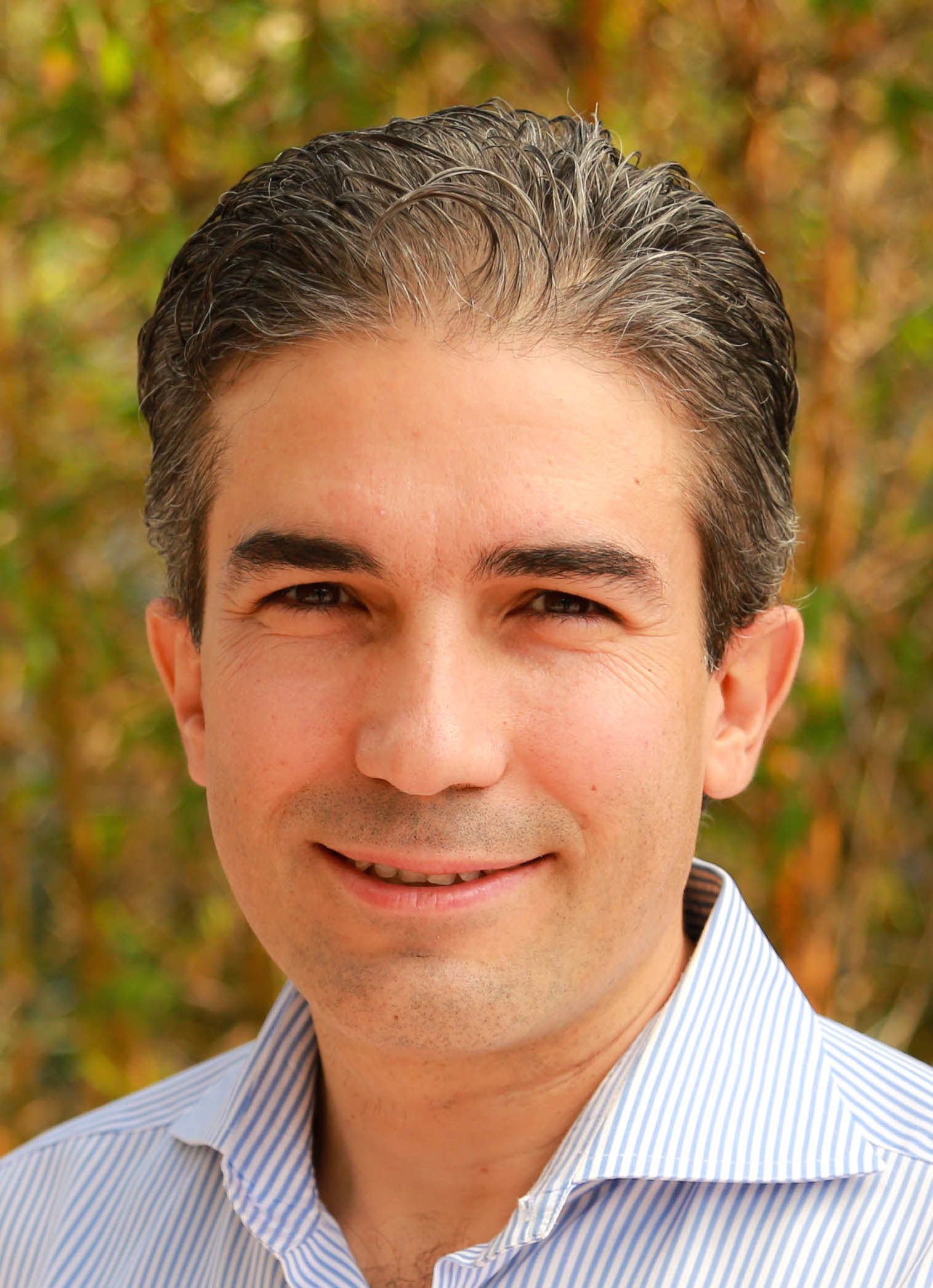
13:45 - 14:30
Concentration inequalities in opinion dynamics
Karl Henrik Johansson, KTH, Sweden
Abstract
In this talk we will present some recently computed concentration inequalities for gossip opinion dynamics over random graphs. A network with stubborn and regular agents is generated from a random graph with independent edges. Agents interact pairwise randomly over the generated network. First we derive high-probability bounds for the difference between the expected final opinions of the regular agents in the original gossip dynamics and the expected final opinions in the dynamics over an averaged graph. Then we use these bounds to show how the network topology influences the expected final opinions. We will also present concentration inequalities for time-averaged opinions and transient opinions. With the help of these inequalities, we show almost exact recovery of community detection algorithms based on a single trajectory of gossip opinion dynamics over stochastic block models. The talk is based on joint work with Yu Xing.
Biography
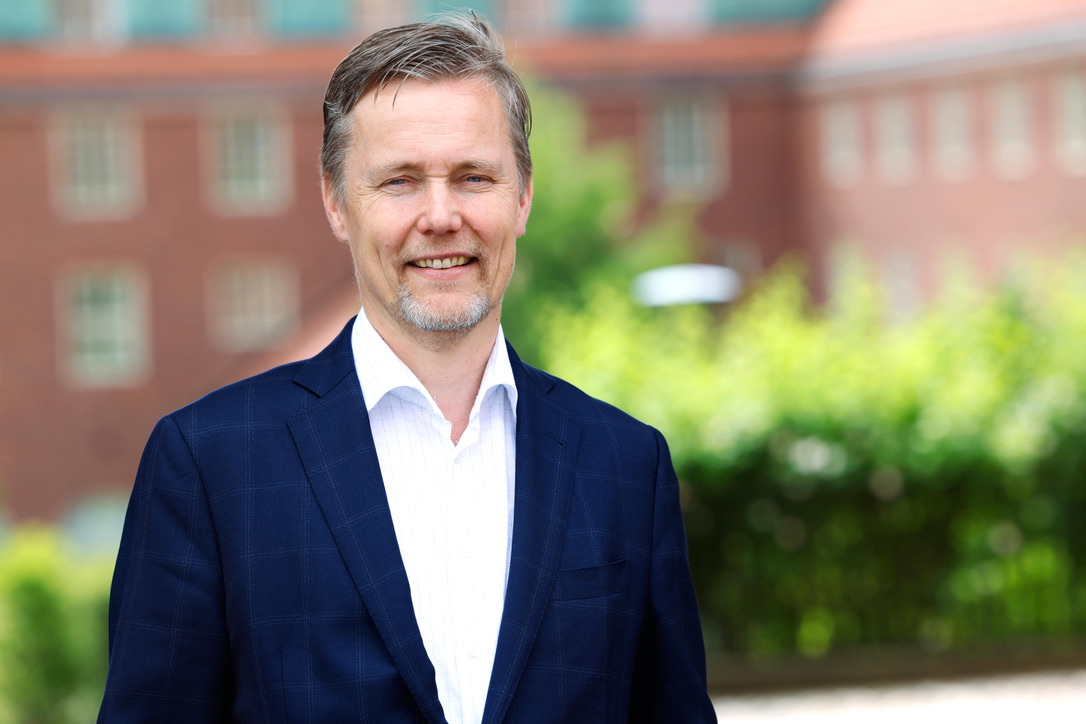
14:30 - 15:00
Coffee
15:00 - 15:45
Ecological Network Dynamics and Fluctuations Favour Species Coexistence in Ecological Communities
Samir Suweis, Univ. of Padova, Italy
Abstract
Biography
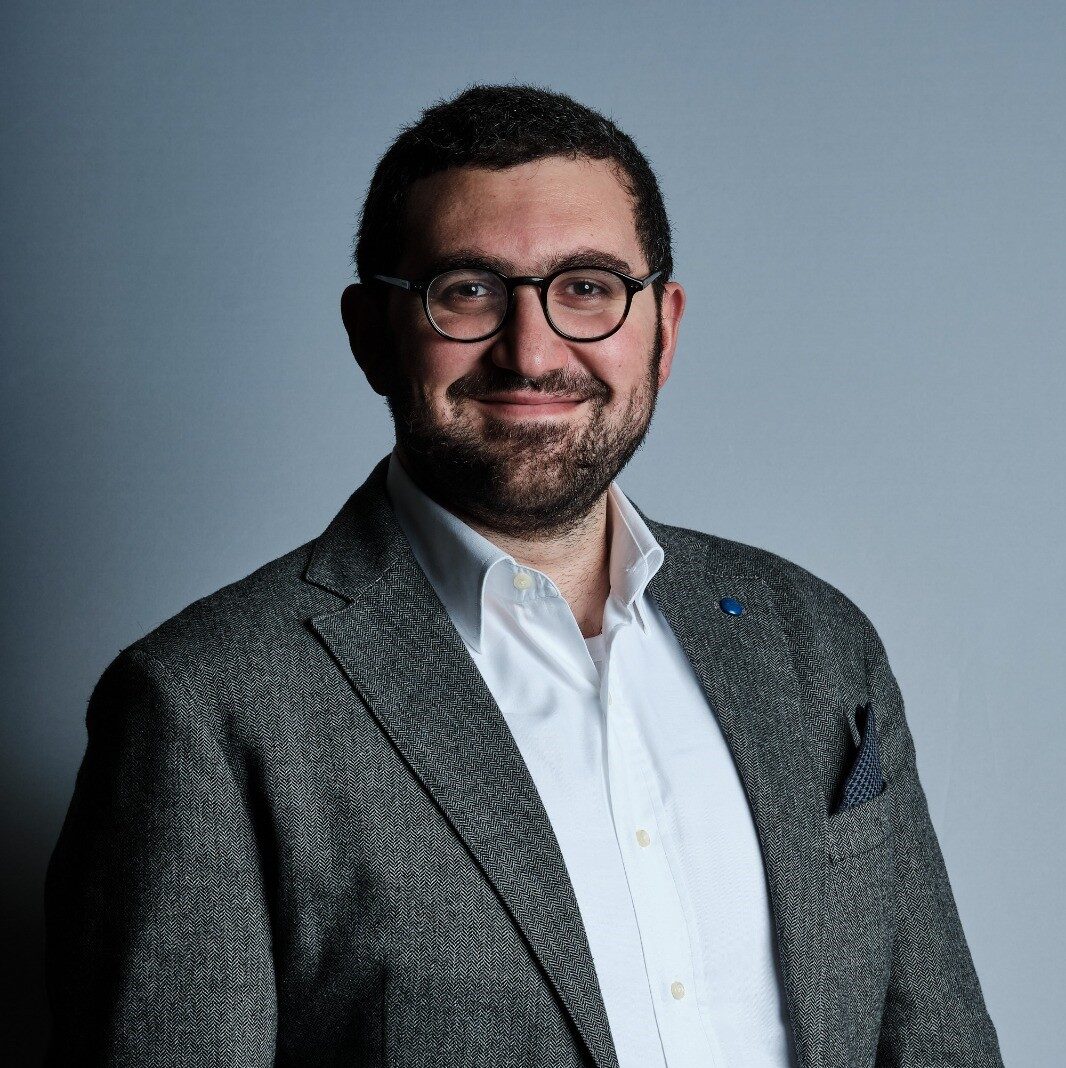
15:45 - 16:30
Navigation systems in traffic networks: Route recommendations and performance degradation
Paolo Frasca, CNRS, Grenoble, France
Abstract
On-line navigation devices are widely used by drivers to obtain recommendations on the fastest route to their destination. Despite their wide usage, their impact on the efficiency of the transportation network is not fully understood. In this work, we propose a road traffic model to assess the effects of real-time route recommendations on an origin-destination pair connected by two possible routes. We suppose that a certain percentage of the users has access to a navigation application, which suggests the route with the shortest travel time. After a comprehensive stability analysis determining the asymptotic behavior of the system, we show that routing apps can lead to deterioration of the network performance, corresponding to failure to satisfy user demand. The detrimental effects are stronger when the user demand is high, when the app penetration rate is high, and when the recommendations are affected by delays. Joint work with Tommaso Toso and Alain Kibangou (University of Grenoble, France).
Biography
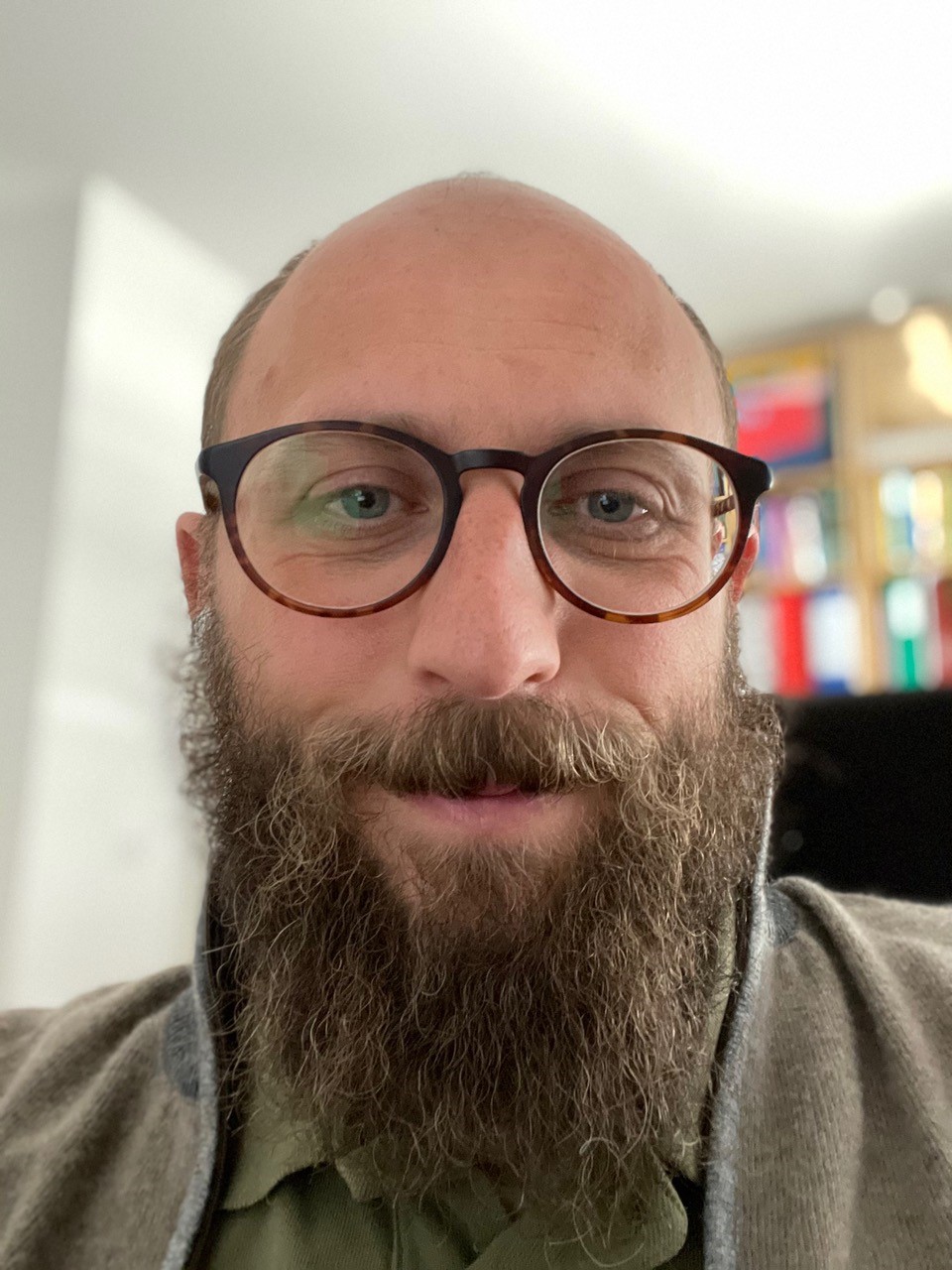
Day 2 – September 21, 2023
09:15 - 10:00
Open Multi-Agents Models with Evolving Composition
Julien Hendrickx, Ecole Polytechnique de Louvain, Belgium
Abstract
We consider open multi-agent systems, where agents keep arriving or leaving during the process considered. We discuss the general challenges to analyze such systems – for example, arrivals and departures keep creating perturbations and forbid any classical convergence – and propose a descriptor-based analysis. We then turn to the design challenges: correction mechanisms designed to cope with a small number of arrivals or departures may indeed fail when these events keep taking place. We analyze some design strategies, focusing in particular on in particular on averaging, decentralized estimation, and decentralized optimization, and present some fundamental performance limitations in open systems.
Biography
He obtained an engineering degree in applied mathematics (2004) and a PhD in mathematical engineering (2008) from the same university. He has been a visiting researcher at the University of Illinois at Urbana Champaign in 2003-2004, at the National ICT Australia in 2005 and 2006, and at the Massachusetts Institute of Technology in 2006 and 2008. He was a postdoctoral fellow at the Laboratory for Information and Decision Systems of the Massachusetts Institute of Technology 2009 and 2010, holding postdoctoral fellowships of the F.R.S.-FNRS (Fund for Scientific Research) and of Belgian American Education Foundation. He was also resident scholar at the Center for Information and Systems Engineering (Boston University) in 2018-2019, holding a WBI.World excellence fellowship.
Doctor Hendrickx is the recipient of the 2008 EECI award for the best PhD thesis in Europe in the field of Embedded and Networked Control, and of the Alcatel-Lucent-Bell 2009 award for a PhD thesis on original new concepts or application in the domain of information or communication technologies.
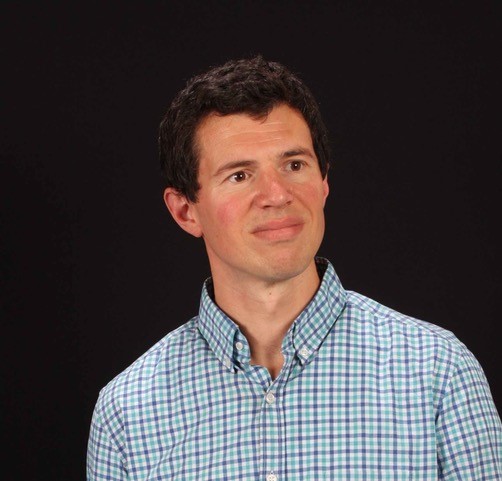
10:00 - 10:30
Coffee
10:30 - 11:15
Control of networked coordination games
Ming Cao, University of Groningen, The Netherland
Abstract
The spread of social innovations, technological inventions, viral infections and reforms of corporate governance, are examples of cascading behaviors where the adoption of an action by a portion of individuals makes it more likely for the action to spread to the rest of the population. These population dynamics can be modeled by networked coordination games, and it is of growing interest to study how such games can be controlled effectively over time. In this talk, I show a few analytical tools from evolutionary game theory, Markov decision theory and Q-learning that are handy to establish convergence proofs; I demonstrate that in networked coordination games when decision-making agents follow asynchronous best-response rules, by fixing the behavior of a small portion of “targeted” agents, one may be able to guide the overall population to achieve a pre-specified collective state.
Biography
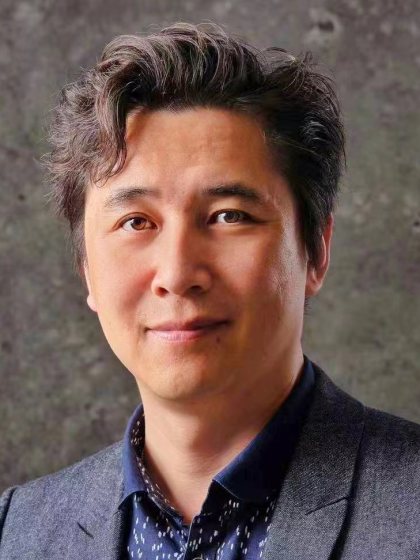
11:15 - 12:00
Mapping nonlocal relationships between metadata and network structure with metadata-dependent encoding of random walks
Martin Rosvall, Umeå University, Sweden
Abstract
Biography
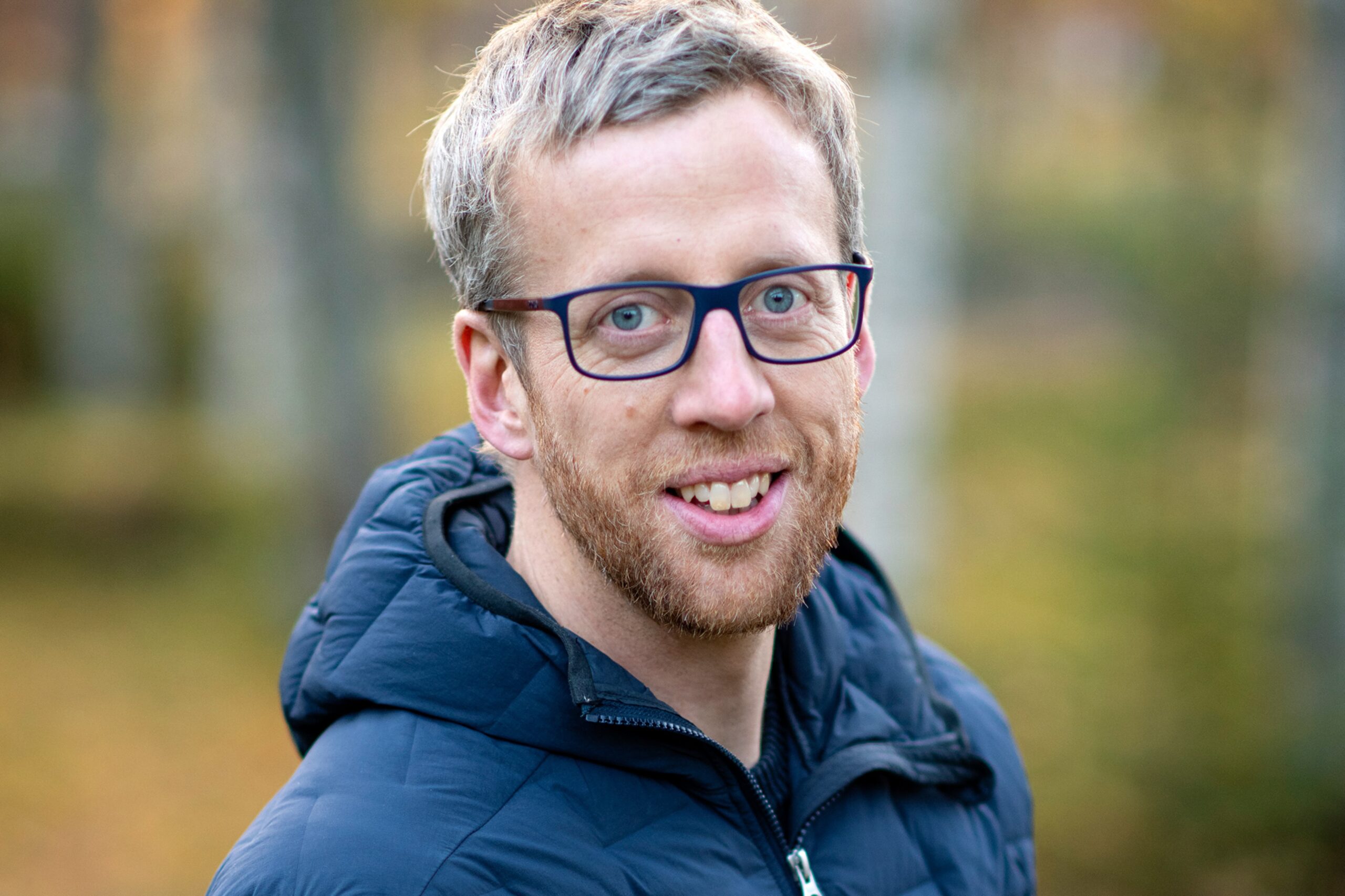
12:00 - 13:00
Lunch
13:00 - 13:45
Dynamics and Balance on Signed Networks
Renaud Lambiotte, University of Oxford, UK
Abstract
Signed networks model systems where interactions may either be positive or negative, and allow to investigate the emergence of collective, conflictual behaviour. In this talk, I will present a collection of recent results aiming at understanding the relation between the structure and the dynamics of a signed network. The talk will cover the study of diffusive dynamical processes, most notably random walks and consensus dynamics, on signed networks, showing how the balance of the graph impacts their asymptotic and how the dynamical process may help to uncover their mesoscale structure. I will then focus on community detection, discussing how to generalise existing greedy optimisation algorithms in the signed setting, in particular the Louvain method, on the collection of large-scale relational data with signs, and of the randomisation of signed networks for hypothesis testing. I will conclude with possible generalisations in the case when the weight of edges are complex numbers.
Biography
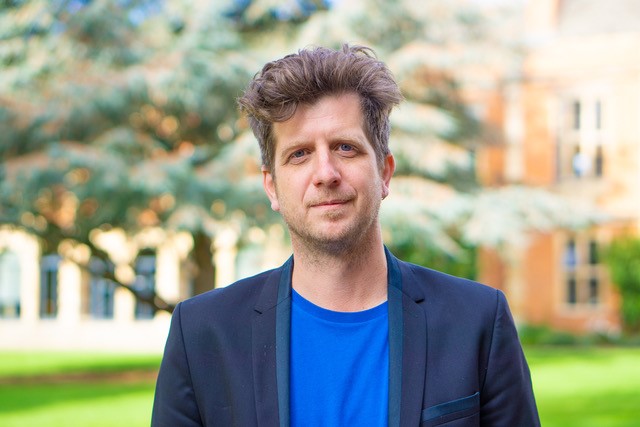
13:45 - 14:30
Too Much Data: Externalities and Inefficiencies in Data Markets
Azarakhsh Malekian, University of Toronto, Canada
Abstract
When a user shares her data with online platforms, she reveals information about others in her social network. In such a setting, network externalities depress the price of data because once a user’s information is leaked by others, she has less reason to protect her data and privacy. These depressed prices lead to excessive data sharing. We characterize conditions under which shutting down data markets improves welfare. Platform competition does not redress the problem of excessively low data prices and too much data sharing and may further reduce welfare. We propose a scheme based on mediated data sharing that improves efficiency.
This is based on the joint paper with Daron Acemoglu, Ali Makhdoumi, and Asu Ozdaglar.
Biography
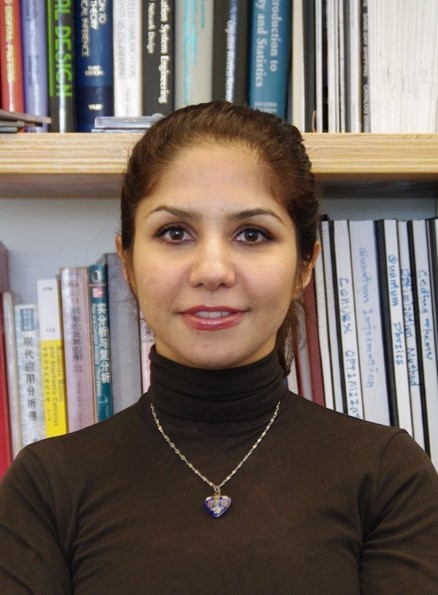
14:30 - 15:00
Coffee
15:00 - 15:45
Independent Learning Dynamics for Stochastic Games: Convergence and Finite-Time Analysis
Asu Ozdaglar, MIT, US
Abstract
Reinforcement learning (RL) has had tremendous successes in many artificial intelligence applications. Many of the forefront applications of RL involve multiple agents, e.g., playing chess and Go games, autonomous driving, and robotics. Unfortunately, classical RL framework is inappropriate for multi-agent learning as it assumes an agent’s environment is stationary and does not take into account the adaptive nature of opponent behavior. In this talk, I focus on stochastic games for multi-agent reinforcement learning in dynamic environments and develop independent learning dynamics for stochastic games: each agent is myopic and chooses best-response type actions to other agents’ strategies independently, meaning without any coordination with her opponents. There has been limited progress on developing convergent best-response type independent learning dynamics for stochastic games. I will present our recently proposed independent learning dynamics that guarantee convergence in zero-sum stochastic games. We then focus on the minimal information setting where agents do not observe opponent’s actions, but only observe the payoff they receive at each round. We present payoff-based and independent learning dynamics for such settings and provide finite-time guarantees using a novel coupled Lyapunov drift approach. In the end, I will present a new class of Markov games that models local payoff interactions in multi-agent stochastic games.
Biography
Professor Ozdaglar is the recipient of a Microsoft fellowship, the MIT Graduate Student Council Teaching award, the NSF Career award, the 2008 Donald P. Eckman award of the American Automatic Control Council, the 2014 Spira teaching award, and Keithley, Distinguished School of Engineering and Mathworks professorships. She is an IEEE fellow, IFAC fellow, and was selected as an invited speaker at the International Congress of Mathematicians. She received her Ph.D. degree in electrical engineering and computer science from MIT in 2003.
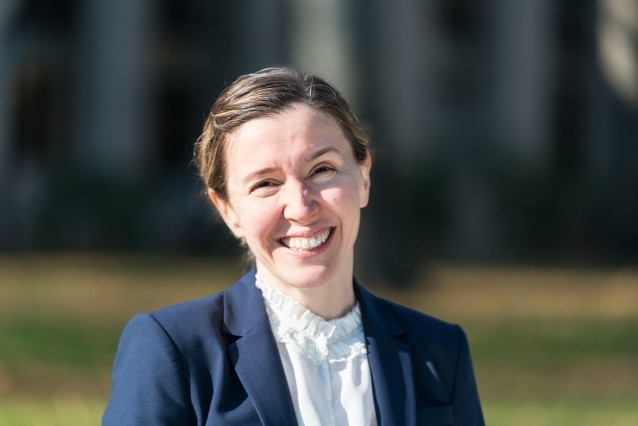
15:45 - 16:30
Complex networks with complex nodes: emergent behaviors and control
Raissa M. D’Souza, University of California, Davis, US
Abstract
Real world networks — from brain networks to social networks to critical infrastructure networks — are composed of nodes with nonlinear behaviors coupled together via highly non-trivial network structures. Approaches from statistical physics reveal the fundamental implications that complex network structure has on network function and resilience. In contrast, approaches from dynamical systems and control theory reveal the impact that nonlinear nodal dynamics have on emergent behaviors when connected together in simple networks. This talk presents recent work bridging the fields. We show that the interaction between the nodal dynamics and network structure can give rise to novel emergent synchronization behaviors and extend the analysis of cluster synchronization to hypergraphs, capturing higher-order interactions in networks. With respect to cascading failures, we show that adding in oscillatory nodal dynamics to classic models of self-organized-criticality leads to an emergent timescale and the occurrence of self-amplifying dragon king failures that wipe out the system. Finally, we discuss the frontiers of control of complex networks with non-linear nodes, identifying the key challenges and opportunities for bridging control theory, dynamical systems and statistical physics.
Biography
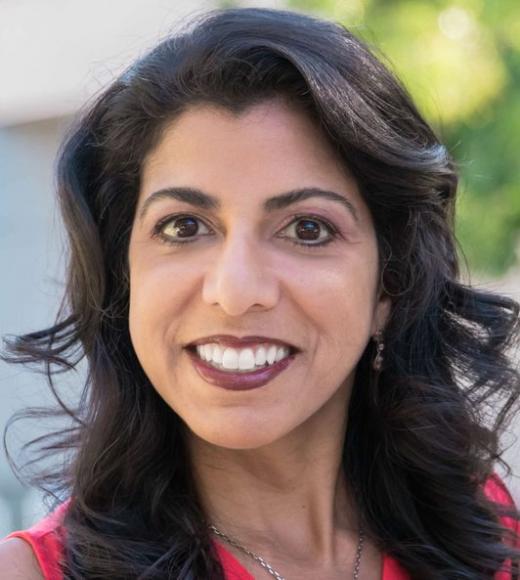
18:00
Bus from Scandic Frimurarehotellet to Livgrenadjärmässen
18:15 - 22.00
Symposium Dinner
Welcome drinks will be served from 18.15.
Dinner will be served at 19.00.
Day 3 – September 22, 2023
09:15 - 10:00
Energy-Aware Controllability of Complex Networks
Sandro Zampieri, University of Padova, Italy
Abstract
Biography
Prof. Zampieri has published more than 150 journal and conference papers. He was general chair of the 1st IFAC Workshop on Estimation and Control of Networked Systems 2009, program chair of the 3rd IFAC Workshop on Estimation and Control of Networked Systems 2012 and publication chair of the IFAC World Congress 2011. He was one of the recipients of the 2016 IEEE Transactions on Control of Network Systems Best Paper Award. His research interests include networked control, control of complex systems and distributed control and estimation with applications to the smart grids.
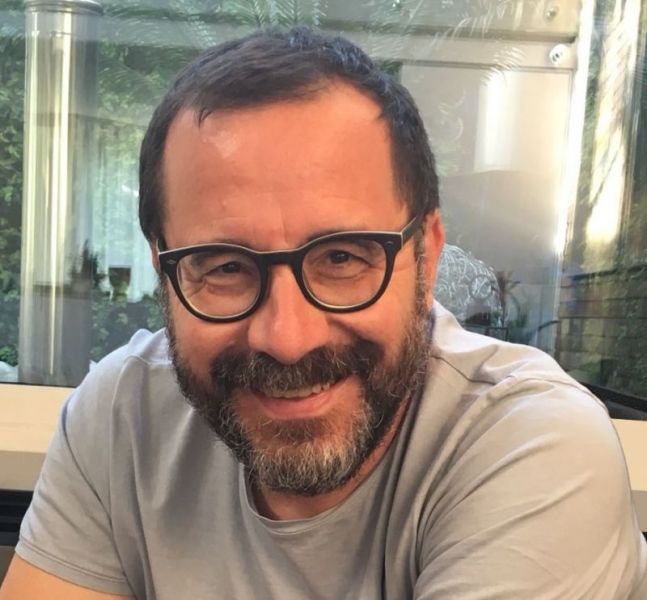
10:00 - 10:30
Coffee
10:30 - 11:15
Ecological dynamics for models with higher-order interactions
Stefano Allesina, University of Chicago, US
Abstract
Biography
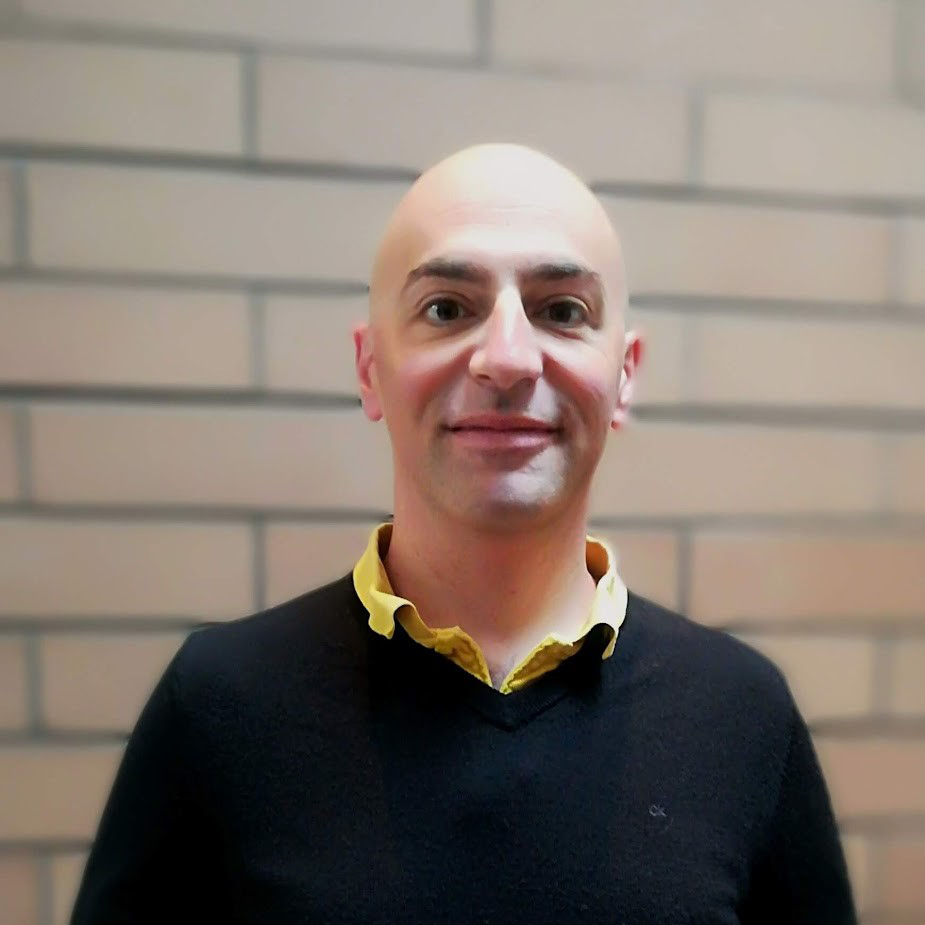
11:15 - 12:00
Predicting and describing the transition to synchronization of networked systems
Stefano Boccaletti CNR, Italy
Abstract
the normal functioning of most natural and man made systems.
As an order parameter (typically the coupling strength in each network’s link) increases, a transition between a fully disordered, gaseous-like, phase (where the units evolve in a totally incoherent manner) occurs toward an ordered, solid-like, state in which all units follow the same trajectory in time.
Such a transition may be abrupt, discontinuous and irreversible, or it may occur through a smooth, continuous and reversible transformation process.
The first case is known as Explosive Synchronization, a phenomenon which has been described in various circumstances where an abrupt onset of synchronization follows an infinitesimally small change in the coupling strength, and hysteresis loops may be observed as in a thermodynamic first-order phase transition.
The second case is the most common one, and corresponds instead to a second-order phase transition
resulting in a sequence of intermediate states in between the completely ordered and disordered phases. Namely, the path to synchrony is characterized by structured states where the network’s nodes split into different functional modules (or clusters) each one evolving in a synchronized manner.
Many studies have pointed out that the underlying graph symmetries are responsible for the way nodes split in functional clusters. In particular, it has been shown that the clusters that are formed during the transition correspond to the equitable partitions of the graph.
In my talk, I will provide a complete elucidation of the transition to synchronization of networked systems.
First, I will describe a (simple, effective, and limited in computational demand) method able to predict the
entire sequence of events that are produced during the transition, and to precisely identify which graph’s node belongs to which synchronized clusters, and to provide a rigorous calculation of the exact coupling strength’s value at which each of such clusters appears.Then, I will demonstrate that such a sequence is in fact a universal graph’s structural property, in that it does not depend on the specific dynamical system operating in each network’s node.
Finally, I will present extensive numerical simulations with both synthetic and real-world networks,which demonstrate how accurate the predictions are.
Biography
He was Scientific Attache’ of the Italian Embassy in Israel during the years 2007-2011 and 2014-2018. He is currently Director of Research at the Institute of Complex Systems of the Italian CNR, in Florence.
His major scientific interests are i) pattern formation and competition in extended media, ii) control and synchronization of chaos, and iii) the structure and dynamics of complex networks.
He is Editor in Chief of the Journal “Chaos, Solitons and Fractals” (Elsevier) from 2013, and member of the Academia Europaea since 2016. He was elected member of the Florence City Council from 1995 to 1999.
Boccaletti has published 352 papers in peer-reviewed international Journals, which received more than 34,000 citations (Google Sholar). His h factor is 69 and his i-10 index is 224. With more than 12,000 citations, the monograph ¨Complex Networks: Structure and Dynamics¨, published by Boccaletti in Physics Reports on 2006 converted into the most quoted paper ever appeared in the Annals of that Journal.
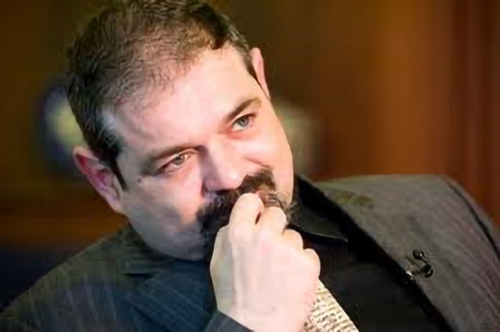
12:00 - 13:00
Lunch
13:00 - 13:45
Controlling Complex Multiagent Systems: challenges, perspectives and applications
Mario di Bernardo, University of Naples, Italy
Abstract
Network control systems are the subject of much ongoing research but what about very large-scale sys- tems? From large flocks of minidrones or flying insects to cellular populations, finding a way to close the loop between the microscale, where agents live, and the macroscopic properties that typically need to be controlled is a crucial open challenge for network control. Controlling a system of interest requires being able to sense, compute and actuate. When complex systems are involved, addressing each of these ingredients requires finding new approaches. What and how many agents need to be controlled/sensed and at what scale is a question beyond the current state-of-the-art that requires a new holistic approach to modelling/analysing and controlling large scale network systems. In this talk I will give snapshots into some recent work from my group aimed at addressing the problem of combining concepts from network science, control theory and other disciplines for the solution of this class of problems. I will use some case studies from applications to motivate and illustrate the theoretical derivations giving an overview of the key challenges in the field and opportunities for further research.
Biography

13:45 - 14:30
Temporal networks of human interaction
Petter Holme, Aalto University, Finland
Abstract
Biography
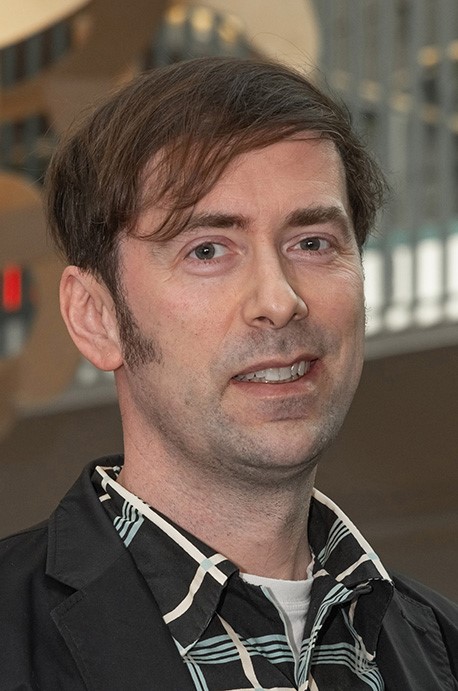
14:30 - 15:00
Coffee
15:00 - 15:45
Contagion-mitigating control in dynamic financial networks
Anton Proskurnikov, Politecnico di Torino, Italy
Abstract
The current global financial system forms a highly interconnected network where a default in one of its nodes can propagate to many other nodes, causing a catastrophic avalanche effect. In 2001 Eisenberg and Noe proposed a seminal model allowing to portray the default propagation through a network and evaluate the systemic loss caused by these defaults. In my talk, multi-stage dynamical counterparts of the Eisenberg-Noe model will be considered that have been proposed in our joint works with G. Calafiore and G. Fracastoro. We consider the problem of finding an optimal clearing vector in the dynamic model and prove that this optimal vector is always unique. We also consider a problem of reducing the effect of financial contagion by introducing some targeted interventions that can mitigate the cascaded failures.
Biography
